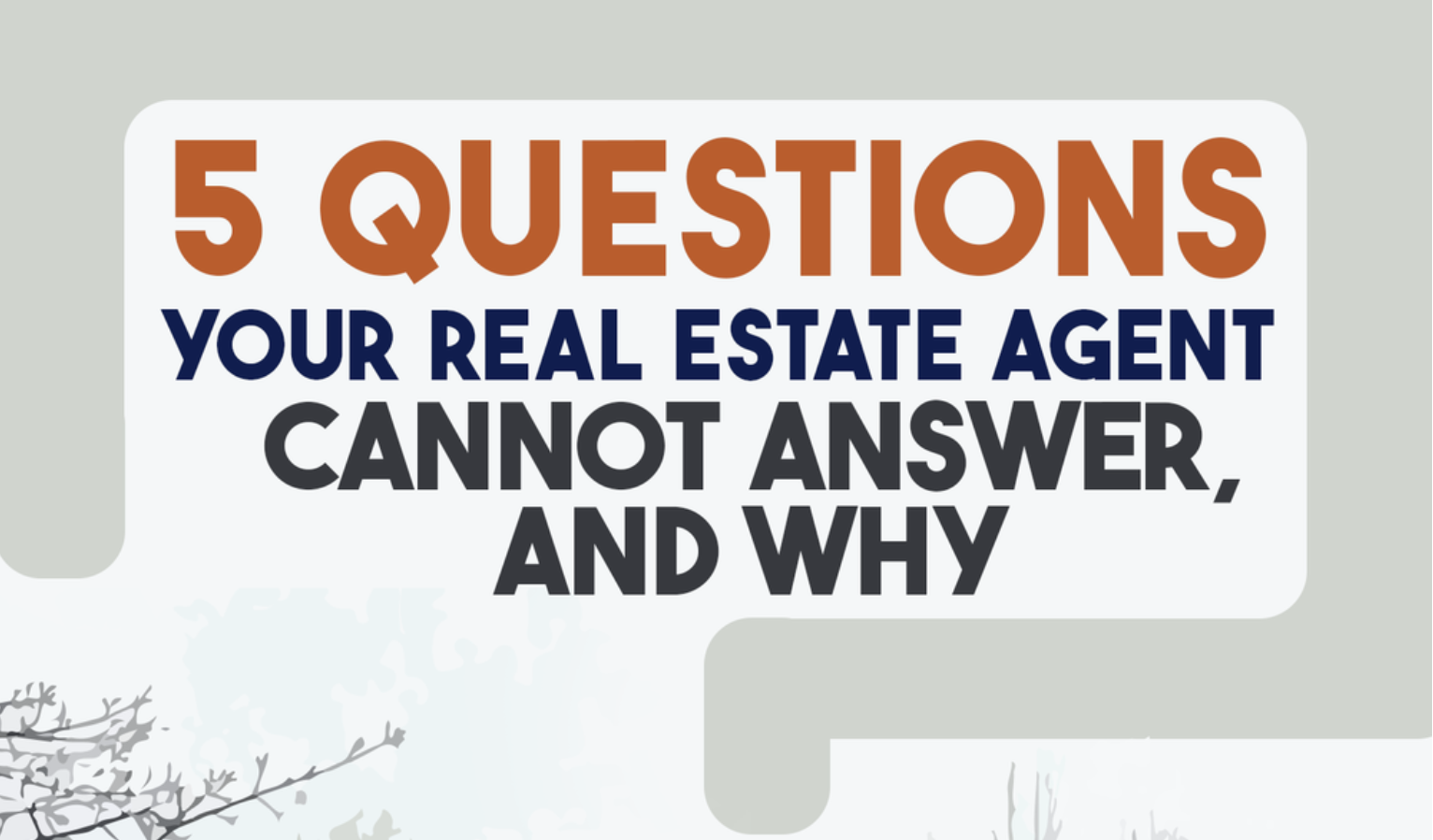Buying a home is a significant milestone in anyone’s life, and it’s no surprise that it comes with a mountain of questions. However, you should know there are certain inquiries that your real estate agent cannot legally respond to. Here’s a rundown of those questions and how you can independently find the answers.
1. The Family Factor: Questions about Family Demographics
You might want to know if a neighborhood is suitable for families or singles. However, your realtor is legally barred from discussing this, as it can lead to potential discrimination issues under the Fair Housing Act.
The Fair Housing Act (FHA) was enacted in 1968 to prevent discrimination in housing based on various factors including family status. Real estate agents who respond to inquiries about family demographics can face legal consequences.
“Families are a protected class under the FHA. So for agents, answering any inquiries about them can be risky, even if a buyer’s asking out of curiosity.” – Fair Housing Act, 1968
The best approach is to visit the neighborhood at different times of the day. Observe the residents and judge for yourself whether the area suits your lifestyle. Additionally, if you have children or plan to start a family, consider the proximity of playgrounds, schools, and recreational centers.
2. A Melting Pot or Homogeneous Community: Questions about Race and Nationality
Whether you want to live in a diverse community or among people who share a similar background, your realtor cannot provide specifics. Discussing racial and nationality demographics can potentially lead to ‘redlining’, a discriminatory practice.
Similar to the family-related question, such discussions can come uncomfortably close to redlining, which is a form of discrimination.
“A REALTOR cannot influence this part of the potential buyer’s decision-making process without running afoul of fair housing laws.”
To get information about the demographics of a community, you can look at the U.S. Census or other government data. You should also spend some time in the neighborhood to make an assessment.
3. Beliefs and Worship: Questions about Religion
While you might want to live in a community that shares your religious beliefs, asking your realtor about the religious makeup of a community is off-limits.
Sharing information concerning religion could put your realtor in legal trouble.
“Whether it be about faith, lifestyle, race, ethnicity, or language, a realtor cannot influence this part of the potential buyer’s decision-making process without running afoul of fair housing laws.”
If the religious makeup of a community is important to you, you can find a complete list of nearby places of worship and visit them to understand the community better.
4. Safety First: Questions about Crime Rates
While everyone wants to live in a safe neighborhood, your realtor can’t provide a definitive answer about the safety of an area.
The term “safe” is subjective, and what one person considers safe might not be the same for someone else. Plus, crime statistics can sometimes be linked to race or ethnicity, leading to potential legal issues.
Crime statistics are public records, and you can look into them on your own. Visit the nearest local police precinct, check its website, or search online for recent crime reports.
5. Future-Proofing: Questions about School Quality
You might want your children to attend a highly rated school, but your realtor cannot comment on the quality of schools in an area.
Discussing “good” schools can be construed as discrimination. Every buyer might have a different concept of what a “good” school is, based on test scores, sports team rankings, etc.
Your realtor can introduce you to websites that rank schools, such as GreatSchools.org. You can also visit the school and see for yourself whether it meets your children’s educational needs.
The Bottom Line
As a home buyer, it’s crucial to know which questions your realtor can’t answer. This not only protects them from potential legal issues but also encourages you to do your research and make informed decisions.
“As a home buyer, you should know what questions you can expect to not have answered even by your experienced real estate agent, especially when it comes to things that have nothing to do with the house itself.”
Remember, your realtor’s silence on these issues is not a sign of incompetence. On the contrary, it shows their commitment to maintaining a fair and unbiased housing market.




